AIS
You know what’s best for you – so back yourself
The year after I finished school, I moved from Sydney to Melbourne in a bid to take my gymnastics to the next level.
That decision was a little controversial but the program down in Melbourne was thriving and probably the best in Australia at the time. I really wanted to prove that this was a really good decision for me and the only way I was going to do that was by showing noticeable improvement in my gymnastics.
During my first year, I came back to Sydney for a competition and unfortunately tore the lateral meniscus in my left knee in front of family and friends. Even though I had improved in my short time in Melbourne, I hadn’t shown it and I felt embarrassed and disappointed by the injury.
Throughout the recovery process, I focused on the positives, set new goals and worked hard in every way I could. I was just as motivated as before.
It was now the start of 2014 and I was in the best shape of my life. I was training well and looking forward with great optimism to the Commonwealth Games trials.
There was one training session, a week out from the trials, when everything was flowing brilliantly. It almost felt as if I couldn’t make a mistake, even if I tried. Maybe I got too cocky… Maybe it was pride before the fall.
But within that training session, about one year after my knee injury, I fractured my foot in five places. It was the biggest injury I’ve suffered in my career, and obviously that meant no Commonwealth Games.
I couldn’t believe it. One year after I’d done my knee and I was back to having surgery again. I was down in the dumps and at my lowest point. I’d left Sydney really trying to prove something and now two years in a row, while in Melbourne, I’d suffered serious injuries. Nothing was going my way. I was angry, disappointed and frustrated.
I went back home to Sydney to be with my family as I recovered. During that time I came back to my Christian upbringing and roots. I’d fallen away from that a lot when I went to Melbourne – partying, having fun and training hard with the mates down there.
It took that low point for me to realise my need for that in my life. Choosing Christianity and deciding to actively grow within myself was a massive turning point in my life.
That’s when I committed to working on my personal development; not only my resilience and motivation towards my sport but also on who I am as a person. I started growing a hunger and passion to help others by giving insight and motivation from what I’ve been able to learn as an athlete.
Nothing was going my way. I was angry, disappointed and frustrated.
That’s essentially who I am and want to be. Someone who can help other people become the best version of themselves.
After my foot surgery, I still brewed up a strong motivation to fight back and succeed in gymnastics.
This motivation led me to a scholarship at the Australian Institute of Sport (AIS) in Canberra in a new program in 2015. Everything was paid for and I was excited about the opportunity, but things didn’t work out how I’d hoped. It was tough in the gym and I lost the love for the sport I previously always had.
My struggle in Canberra led me to think of alternative options, which is when I started to consider diving. My talent in gymnastics was in my aerial awareness and my twisting, however, I had weaknesses too.
The pommel horse, for example, really prevented me from breaking through and achieving all I had envisioned as a gymnast. Diving seemed to play to my strengths and eliminate my weaknesses which would hopefully make me a better all-around athlete.
I’d always had a dream of competing on the world stage and competing with the best at the Olympic Games but I realised, especially after the injuries, that I’d fallen behind a bit. I couldn’t shake the feeling that I wasn’t making the cut and wasn’t pushing to where I thought I’d be at that stage of my career.
Even still, it took me eight months to finally make the decision to quit gymnastics for diving.

I spent a long time talking to the athlete wellbeing and engagement (AW&E) staff at the AIS, including Bronwyn Jonathan, who looked after the athlete residential program. She was incredibly helpful.
At first, I was fearful that they might report back to the gymnastics coaching staff and tell them what I was thinking. I was worried about the coaches finding out, because if I did end up staying in gymnastics it could’ve been detrimental to my relationship with my coach.
I was a lot more confident when they assured me that our discussions were confidential and it was a safe place for me to chat with them. They were really encouraging. They explained that a lot of people made similar decisions and transitions in their careers, and that if I felt that transitioning to diving was the best decision for me then they would support me.
They heard me out and said, “if that’s where you feel your heart is then we’re here to support you.” It wasn’t just words – it was unconditional support which is what I needed at that time.
I also gave Alex Croak a call, who went to the Olympics for both gymnastics and diving. She had started diving at 20 and I was looking to start at 22, so she was definitely the perfect person for me to chat with and get great insight and information from regarding the decision.
I knew I couldn’t leave the decision any longer.
Looking back, I think my age was the craziest thing about my transition. I was worried that, starting at 22, I’d never make up the ground on guys who had been diving since they were kids.
I’d never dived before. Never been up on that 10m platform. All I knew is that I was good at some of the key skills. Apart from that, I was starting from scratch.
Ultimately, I was willing to take the risk, even though it was scary at the time. I didn’t want any regrets at the end of my sporting career and I knew I couldn’t leave the decision any longer.
More about: AIS | Declan Stacey | Diving | Gymnastics | Olympic Games
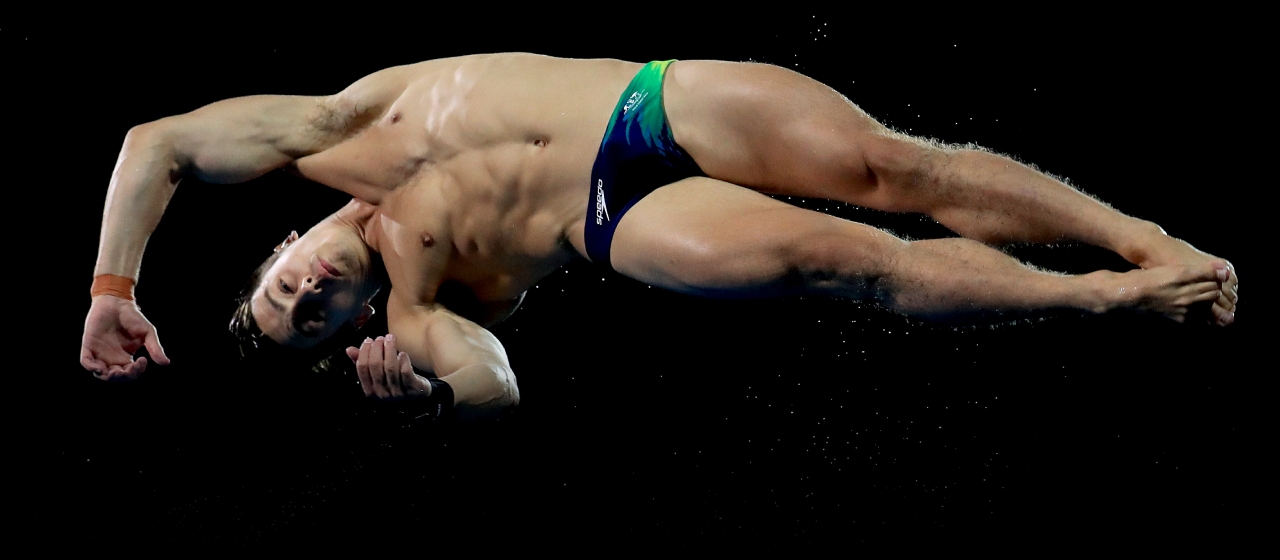
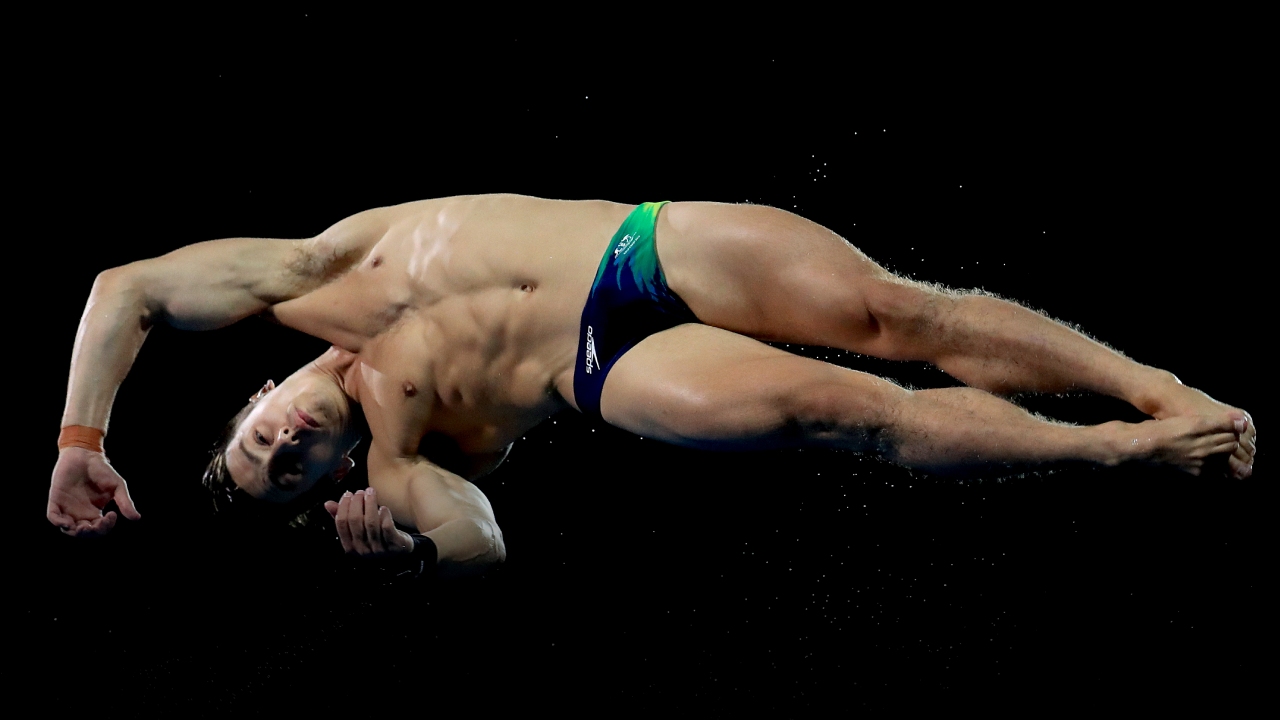
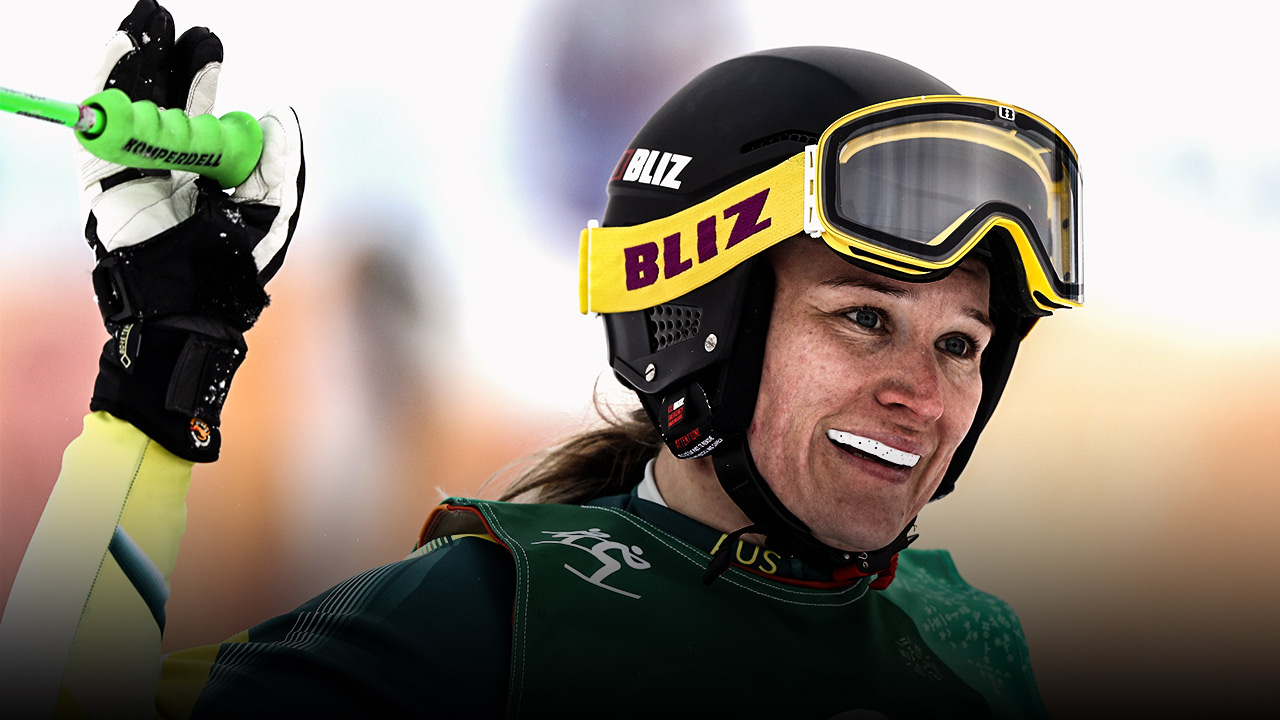

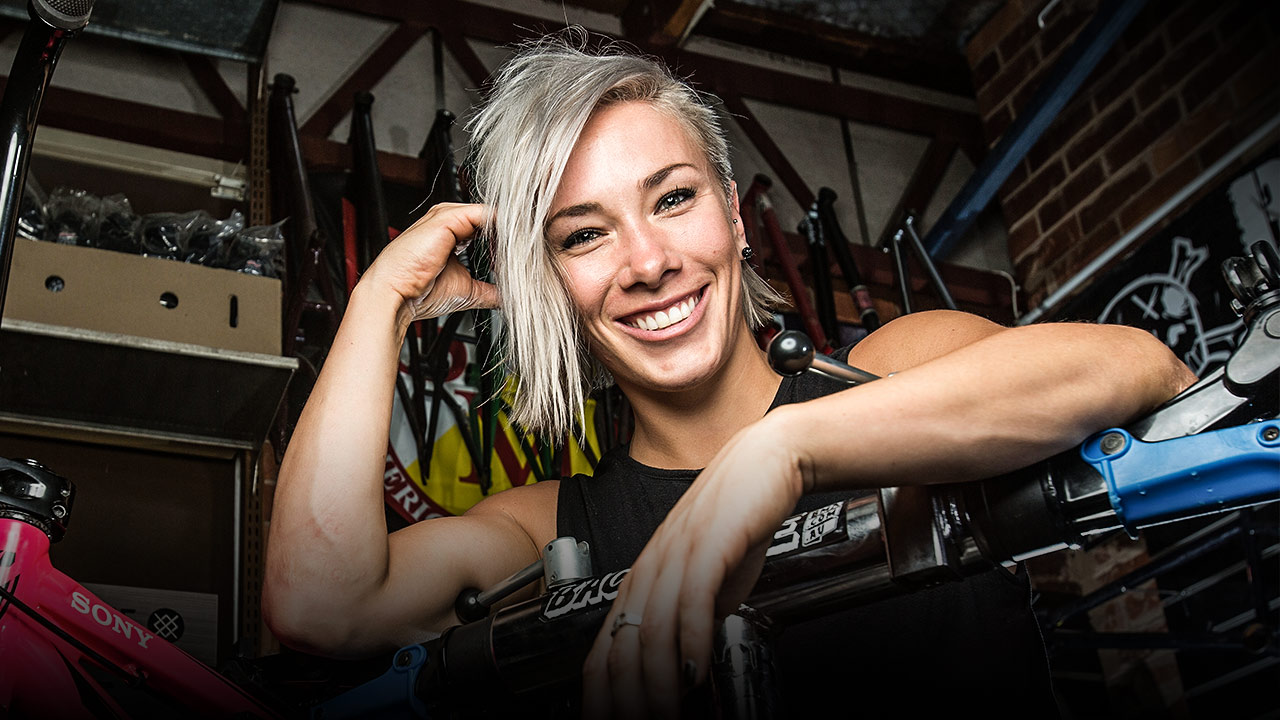
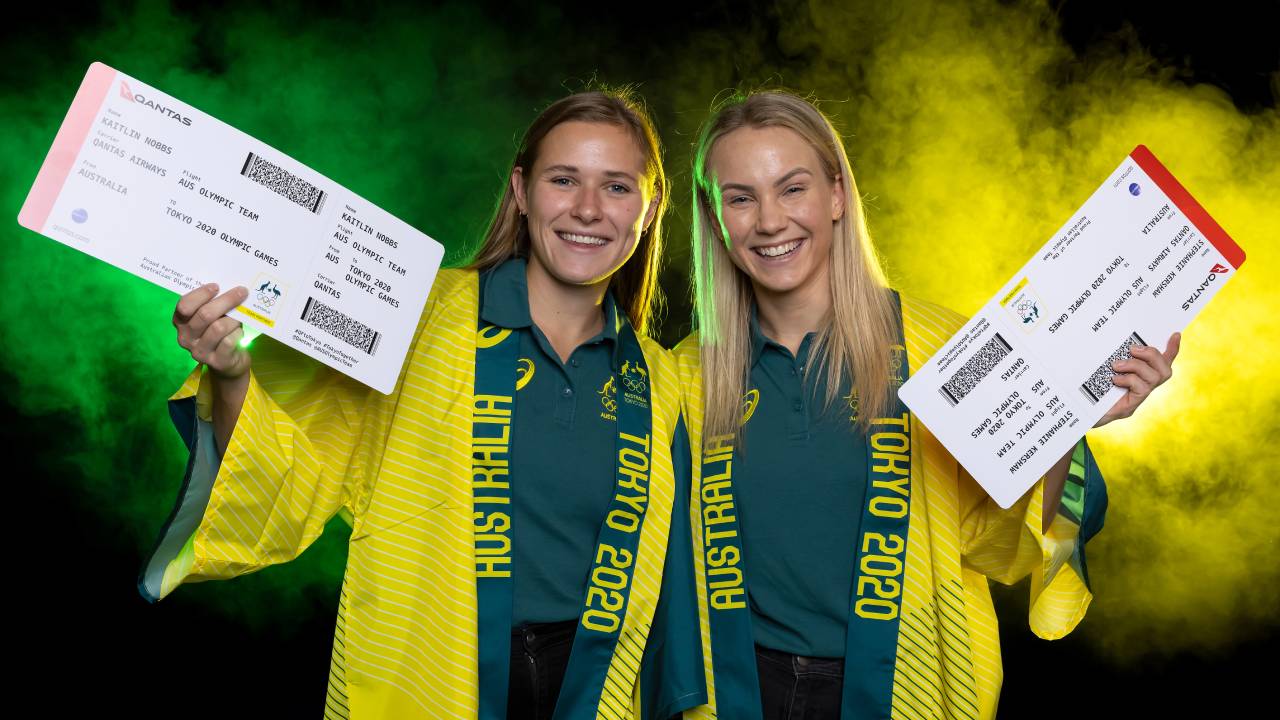
 Load More
Load More